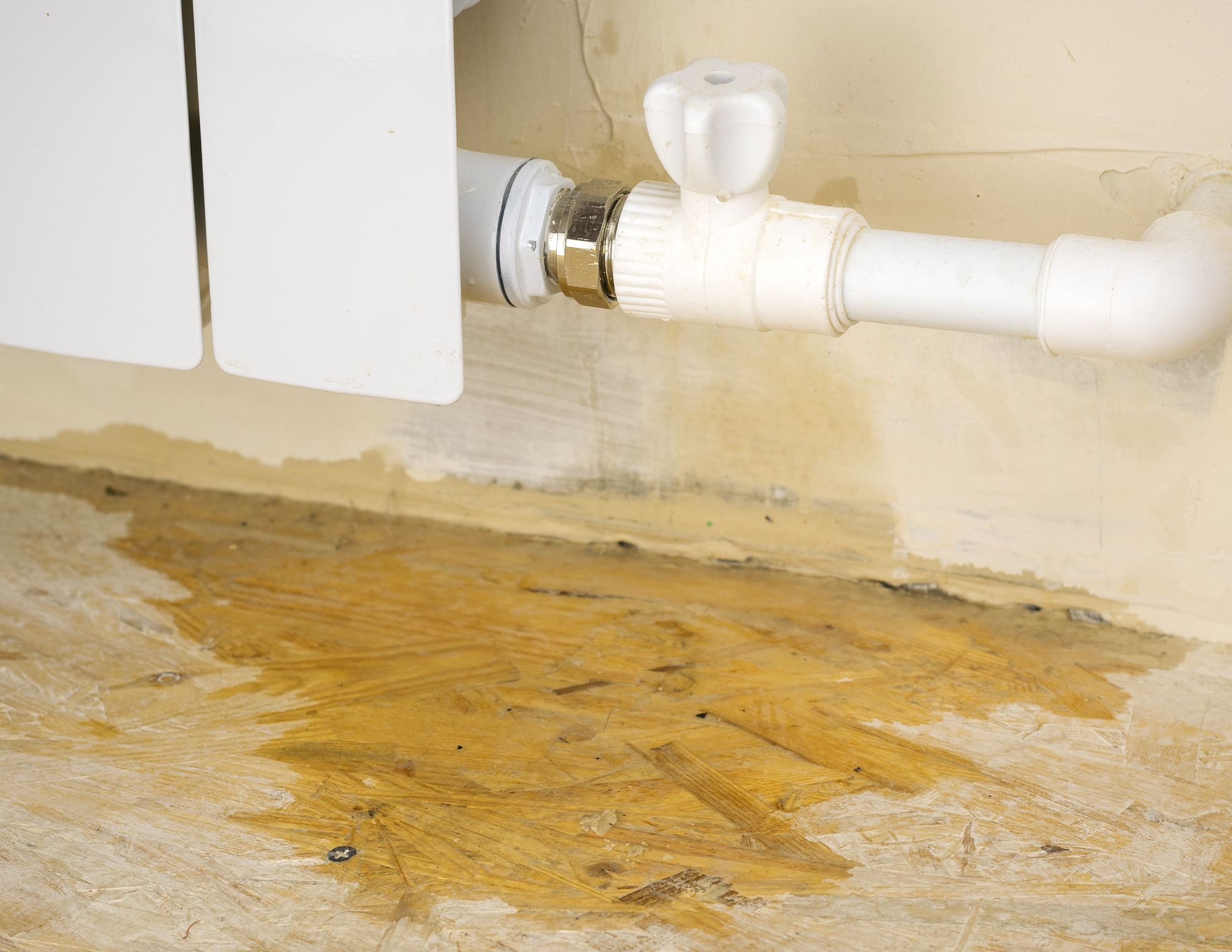Detailing the Six Most Common Causes of Home Water Leaks
Detailing the Six Most Common Causes of Home Water Leaks
Blog Article
We've uncovered this great article about Common Water Leaks In House below on the web and concluded it made good sense to write about it with you here.

Leaks not only cause waste of water but can also create unneeded damage to your home and advertise undesirable natural growth. Sadly, water leakages could go undetected considering that the majority of the pipework in our home is hidden. By looking as well as comprehending for daily circumstances that trigger leaks, you can shield your home from future leakages and also unneeded damages. Today, we will check out six leak creates that might be triggering your pipes to leak.
Trespassing roots
Most water leakages begin outside your home instead of inside it. If you observe an unexpected reduction in water pressure, claim in your faucet, require time to head out and examine your backyard. You could discover wet spots or sinkholes in your yard, which may suggest that tree origins are getting into water lines causing water to permeate out. You can have your plumber check for invasion, particularly if you have trees or bushes near your property.
Corroded water systems
This could be the reason of discoloration or bending on your water pipes. If our plumbing system is old, think about changing the pipelines since they are at a higher risk of corrosion than the newer designs.
Malfunctioning Pipeline Joints
Pipe joints can weaken over time, resulting in water leaks. If you have noisy pipelines that make ticking or banging sounds, especially when the hot water is transformed on, your pipeline joints are probably under a great deal of stress.
Instant temperature changes.
Extreme temperature level modifications in our pipelines can trigger them to increase as well as acquire unexpectedly. This growth and tightening might trigger splits in the pipes, specifically if the temperature are below freezing. It would certainly be best if you kept an eye on just how your plumbing works. The presence of the previously stated circumstances often suggests a high risk.
Poor Water Connectors
Sometimes, a leakage can be caused by loose hose pipes as well as pipelines that provide your home appliances. Typically, shifting is what creates the loose water Connections. You might locate in the case of a washing device, a hose pipe may spring a leakage due to drinking throughout the spin cycle. In case of a water connections leak, you might observe water running directly from the supply line or puddles around your appliances.
Obstructed Drains
Clogged drains might be annoying and also inconveniencing, yet they can in some cases wind up creating an overflow resulting in rupture pipelines. Maintain getting rid of any kind of materials that may go down your drains pipes that might clog them to stay clear of such hassles.
All the above are causes of leakages but not all water leakages arise from plumbing leakages; some leaks could come from roofing leakages. All leaks need to be fixed instantly to prevent water damage.
Leaks not only cause waste of water but can also trigger unneeded damage to your house and advertise undesirable natural growth. By understanding as well as looking for day-to-day scenarios that create leaks, you can protect your house from future leakages and also unnecessary damage. Today, we will look at six leak triggers that might be creating your pipelines to drip.
At times, a leak can be caused by loosened hose pipes and pipes that supply your devices. In instance of a water links leak, you may observe water running straight from the supply line or puddles around your appliances.
How To Check For Water Leak In Your Home
How To Check for Leaks
The average household's leaks can account for nearly 10,000 gallons of water wasted every year and ten percent of homes have leaks that waste 90 gallons or more per day. Common types of leaks found in the home are worn toilet flappers, dripping faucets, and other leaking valves. These types of leaks are often easy to fix, requiring only a few tools and hardware that can pay for themselves in water savings. Fixing easily corrected household water leaks can save homeowners about 10 percent on their water bills.
To check for leaks in your home, you first need to determine whether you're wasting water and then identify the source of the leak. Here are some tips for finding leaks:
Take a look at your water usage during a colder month, such as January or February. If a family of four exceeds 12,000 gallons per month, there are serious leaks.
Check your water meter before and after a two-hour period when no water is being used. If the meter changes at all, you probably have a leak.
Identify toilet leaks by placing a drop of food coloring in the toilet tank. If any color shows up in the bowl after 10 minutes, you have a leak. (Be sure to flush immediately after the experiment to avoid staining the tank.)
Examine faucet gaskets and pipe fittings for any water on the outside of the pipe to check for surface leaks.
Undetected water leaks can happen without the home or business owner even realizing. If you suspect a water leak, but not able to find the source. It is time to contact a professional water leak detection service, The Leak Doctor.
How To Find a Water Leak In Your Home
https://www.leakdoctor.com/blog/How-To-Check-For-Water-Leak-In-Your-Home_AE197.html

Do you really like reading up on How to detect water leaks in your home? Give a comment further down. We would be glad to find out your views about this blog entry. In hopes that you come back again soon. Sharing is nice. Helping others is fun. Thanks a lot for taking the time to read it.
Give Me A Quote! Report this page